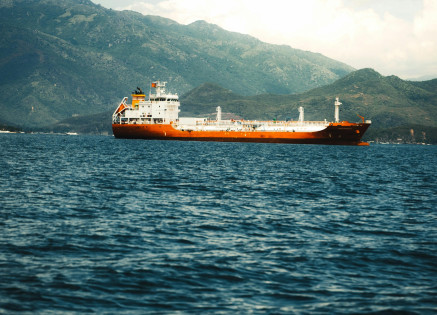Copyright © 2026 lmitac.com All Rights Reserved. Contact - Terms and Conditions - Privacy Policy - Quality Policy - Become an instructor - Vacancies - Sitemap
London Maritime Academy is a trade name for London Premier Groupversion: 2.9.0
London Maritime Academy is a trade name for London Premier Group

Posted on : 9/12/2024, 9:41:29 PM
Last Update : 9/12/2024, 9:41:29 PM
Understanding maritime economics is the main required way to understand how the international shipping market works based on sophisticated management services.
Moreover, maritime economics and logistics are the concepts and maps that control and impact shipping logistics, global transport markets, supply chain economics, and maritime economics jobs.
Learning all about maritime economics is required to understand shipping and supply chain economy on the local and international levels. Thus, continue reading our article if you are planning to join the maritime economy market to learn all about classical economics, technical drawings, and tables maritime economics in the maritime industry.
Maritime economics is the shipping industry economic unique edition, that covers every section of the sea shipping and economy business.
Therefore, we can say that maritime economics and logistics are about economic activities in the maritime industry, including maritime transport, operational trade, shipping, port operations, and supply chain activities.
Furthermore, to guarantee positive outcomes from the maritime businesses, the maritime economists need to follow the best academic practices for ship finance and accounting management, as well as, in ports and terminals, and any other related activity to the maritime shipping logistics and supply chains.
Additionally, manage and analyse freight rates, shipbuilding, marine resources, and port efficiency based on global trade dynamics and regulations.

If you are one of the postgraduate students planning to come from South Africa to the UK after finishing their university to attend the best ship finance and accounting training courses in London at a premier institute.
Then you need to study a training programme that brings you the base listed topics and illustrations to study in-depth methodological and practical details about maritime economics with a comprehensive overview.
Ports and terminals are basic aspects of maritime economies due to their huge role in global trade and transport processes, including all operation, management, and development details.
So, we can say that a port economic strategy should cover port pricing, investment, repair and maintenance, served operation efficiency, and development plans to keep the port economics and logistics as perfect as possible.
Sea routes and cargo movements are the main pillars in maritime economics as each started shipment program causes some impact on the international shipping systems.
However, the International Association of Maritime Economists highlights the importance of following published and modern global rules and standards in managing maritime transport and trade flows, designed trade agreements, and economic frameworks to ensure the safety and stability of the international shipping market.
When talking about shipping economics then we are talking about shipping services, freight rates, and operations of all types of ships, including container vessels, tankers, bulk carriers, and Ro-Ro ships.
Moreover, maritime shipping economics and logistics must consider updates in competitive shipping markets, global trade patterns, fuel costs, international events, regulation changes, and green energy and environment-friendly standards.
As maritime economics is more than just transport routes and shipping, then, it also must include the analysis of available and in-demand marine resources to provide a comprehensive perspective for any specialist.
These developed trends of maritime economics usually focus on fisheries, offshore oil and gas, wind energy, and any other renewable and natural marine resource that can empower the global economy with resources, job opportunities, and sustainable incomes, while avoiding application issues.
This maritime economy covers everything related to shipbuilding from building and maintaining ships, to costs, working labour, required materials, and any other detail required from shipowners to build a ship and send it into the ocean.
However, you need to keep in mind that this point of the maritime economics field varies depending on the size of the built ship, changed propulsion, working professionals, the advanced used technology in the building, the complexity of integrated technology in the ship, and the location of the building.
The maritime sector faces different challenges and requires many logistics, thus, examining and understanding international laws and regulations, and following them is a must for any business aiming to achieve good economic rates and cycles.
Usually, these original regulations and rules papers are announced and updated by the International Maritime Organisation (IMO) to guarantee efficiency and safety in all maritime aspects, including the economy.
Maritime economics and logistics are core points in the success of any maritime service or business, thus, understanding their details is vital.
This is considered the main reason why many people come from South Africa to London to develop their knowledge and information on maritime economics.